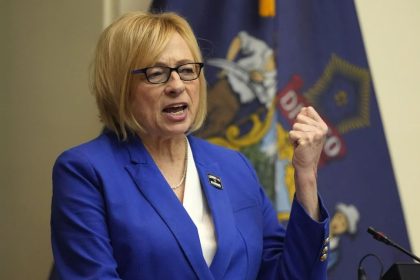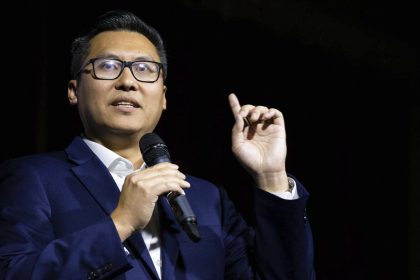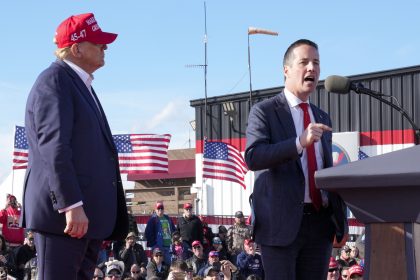Running for Office as a Working Parent Could Become Easier

WASHINGTON – The House on Tuesday approved a bill that explicitly allows campaign funds to pay for childcare expenses, making it easier for working parents to run for elected office.
Introduced in March by Rep. Katie Porter, D-Calif., the bill builds upon H.R. 1, sweeping electoral and campaign finance reform legislation House Democrats passed last winter.
Passed by a voice vote, it allows the authorized committee of a candidate who does not currently hold federal office to pay for certain personal uses, such as child or elder care and health insurance if it will allow for the candidate to run for office.
If the candidate is also drawing a salary using campaign funds to pay their salary, that amount is reduced by the amount used for permissible personal uses.
“As a single working mom of three young kids, I know firsthand about the barriers that stop many Americans from serving their country in public office,” Rep. Porter said when she introduced her bill.
“Most Americans my age are working parents—including many in the 45th District—but there are few of us with a seat at the table when it comes to writing legislation to make life easier for working families,” she said. “My bill would clarify that campaign funds can be spent on childcare and enable more working parents to make the jump into public service.”
Currently, federal law does not expressly address the permissibility of payments for child care expenses. Candidates who want definitive guidance must individually appeal to the Federal Election Commission for an advisory opinion.
Rep. Porter found this to be an unnecessary hurdle, particularly for non-wealthy candidates such as working parents.
Prior to the House vote, the Help America Run Act had garnered the support of a number of experts in democracy and political science.
Among them was Dr. Nicholas Carnes, Creed C. Black Associate Professor of Public Policy and Political Science at Duke University, who said Porter’s bill “would send a powerful message to working Americans.”
“The legislation is truly novel; it would be the first federal legislation in American history to acknowledge the existence of an economic gap between members of Congress and the people they represent,” Carnes said.
Wendy Weiser, director of the Democracy Program at the Brennan Center for Justice at NYU School of Law, agreed.
“Giving non-wealthy candidates more ways to make ends meet so they can run for office is another step towards truly representative government, one that we strongly support,” Weiser said.























